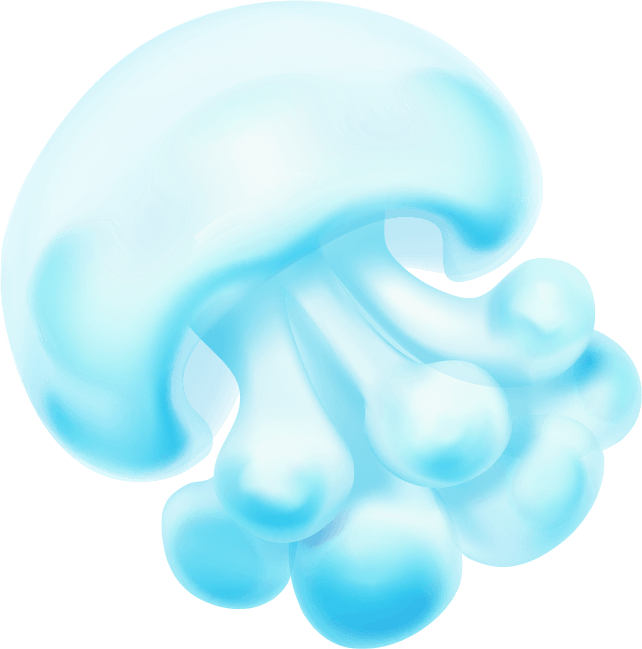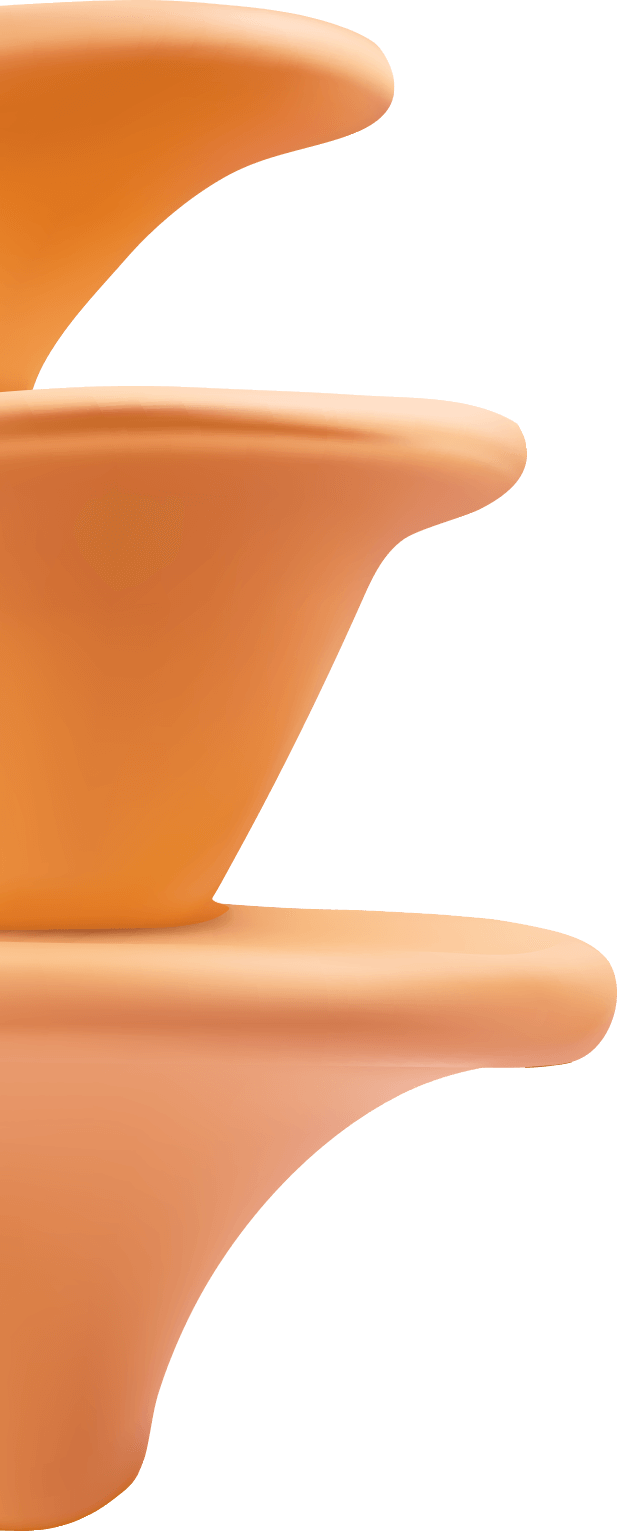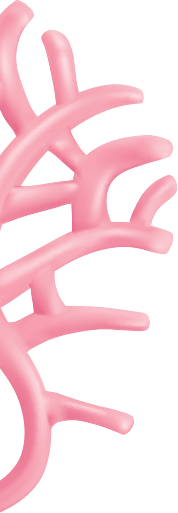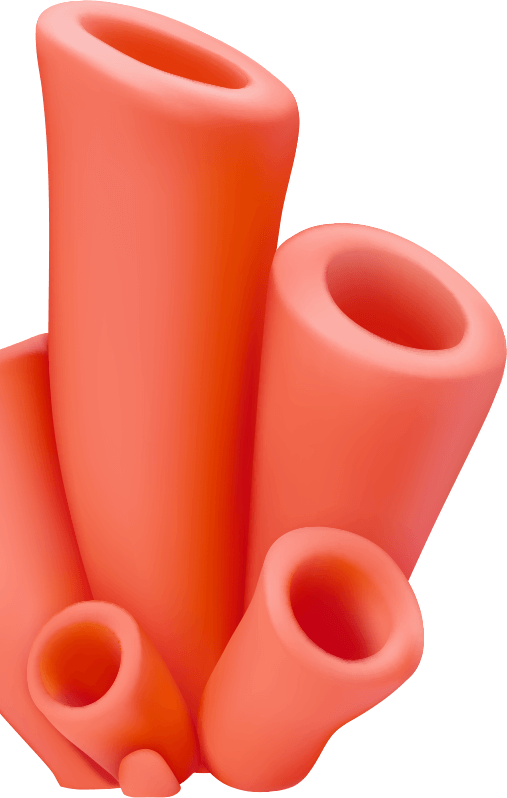Exams
Our dental exams are always comprehensive in the sense that we look at all areas of your child’s smile and measure changes against the last visit’s discoveries. We examine teeth for cavities and other damage, gums for any indication of infection, oral soft tissue for any irregularities or irritation, and jaws and bite for balance and function. Of course, we use the tell, show, and do method, so no exam is ever scary or uncomfortable.
Low-Radiation Digital X-Rays
X-rays are a great way for us to detect even the tiniest cavities and other problems hidden under your child’s tooth enamel. But did you know that modern x-rays also limit exposure to radiation? We have invested in digital x-ray equipment for exactly that reason… but also because the images are sharper and clearer, can be seen immediately, and enable easy storage and retrieval in our computerized treatment rooms.
Hygiene
Dental hygiene is important for even the tiniest teeth – and that doesn’t just mean brushing well at home. Professional cleanings keep the cavity bugs away by removing all the built-up plaque and tartar around and between the teeth and below the gums. Little hands can’t always do the job perfectly, and it can be awkward for adults to reach all the areas of the mouth and teeth that need to be cleaned as well. And while adults and children alike need professional hygiene visits regularly, children’s hygiene visits are especially important for maintenance, education, and building a solid foundation for a lifetime of health.
Fluoride and Sealants
You do everything to protect your kid’s teeth. You never gave him/her a bottle of juice. You started oral hygiene early. You get the right toothbrush, give them the proper amount of paste and even help them floss. And yet, they still get cavities! It isn’t really your fault. Many children just have deep grooves and fissures in their teeth and have a hard time getting them clean. That’s why we offer fluoride and dental sealants.
Sealants
Sealants are simply painted onto the rough and textural exterior of a child’s tooth, to create a smooth and easy-to-clean surface. The protective sealant also makes it much harder for bacteria to get a foothold and helps protect and prevent childhood cavities.
Fluoride
Fluoride, on the other hand, helps repair and remineralize damage that has already been done by acid and sugar attacks. It also helps strengthen enamel to ward off future attacks from those insidious cavity bugs. Imagine! No more fillings! It’s also worth noting that kids under the age of three should not use fluoride enhanced toothpaste. Water or a toothbrush dipped in a pediatric oral rinse works just fine.
Sports Mouthguards
Every year, more than 3.5 million children 14 and under are injured while playing sports. That is why the American Dental Association recommends that all kids participating in sports wear a protective mouthguard. Mouthguards help cushion blows that might otherwise cause broken teeth, and injuries to the lips, tongue, face, or jaw. They also may reduce the severity and incidence of concussions. Protect your child’s mouth and let yourself relax knowing that your child is safer than ever — ask for a custom sports mouthguard custom-made by Dr. Tom today.
Early Dental Care
Baby teeth are so important! Sure they will be replaced by adult teeth, but until then, they help your youngster chew food properly and learn to speak clearly. Those primary teeth are also vital to the development of the jaw and for guiding the permanent teeth into place and helping them stay straight and strong for the future. Healthy, undamaged teeth are also important to your child’s confidence and self-image. If your child has lost a tooth before age four, please notify us right away.
Home care is crucial in infancy, so start cleaning little gums with a soft cloth before teeth even appear. This helps your baby get used to a hygiene routine, soothes gums during teething, and may even lower the gag reflex.
Brushing
Do not use fluoride paste until age three. Instead, use water or dip the toothbrush in a pediatric oral rinse. After three, carefully supervise toothpaste application and brushing. A good rule of thumb is to help your child brush until he or she can tie a shoe. Once they have mastered shoelace tying, they are likely to have the dexterity to brush their own teeth.
Flossing
Flossing can be difficult for parents or little fingers to manage, so let us show you a couple of tips and techniques for a proper, thorough clean. Once you learn our tricks and get the hang of it, you might even enjoy flossing your own teeth more!
Teething
If your baby is teething (this usually begins between 6 and 12 months), offer a wet or frozen cloth or teething ring. Teething biscuits should be avoided because the sugar and starch they contain can lead to early tooth decay. Even gently rubbing those sore little gums with a clean finger or the cold back of the spoon can bring relief.
Beware of the Bottle
Never let your child carry around or fall asleep with a bottle containing anything other than water. Juice and other beverages contain sugar, and when left in the mouth for a prolonged period of time, the sugar is constantly attacking little teeth. This can be even worse during sleep when saliva flow is reduced allowing liquids to pool up around teeth for longer periods of time.






